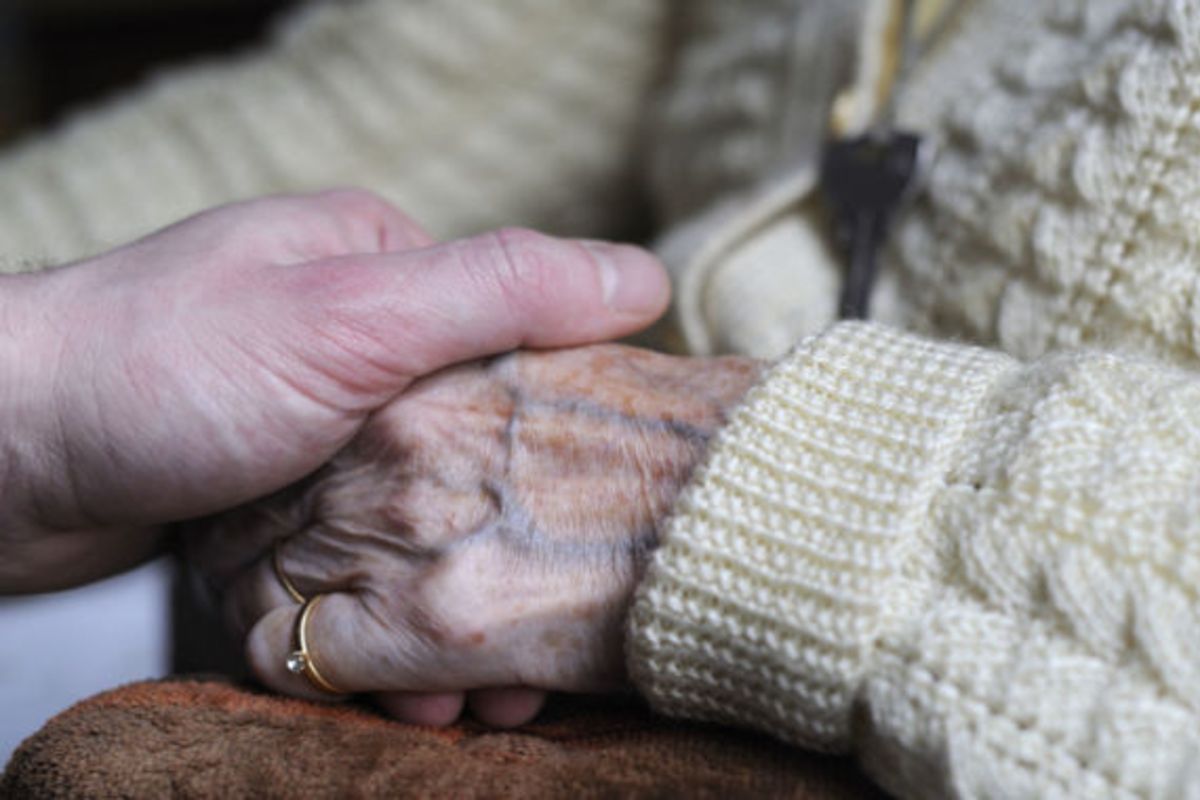
States Members have agreed to accept proposals to draft a law for an assisted dying service in Jersey, after days of debate.
The service is expected to cost the island up to £1.4 million annually and would only be available for people who have lived here for a year or more.
Assisted dying would only be made available to people with a terminal illness. It will not be available to people suffering unbearably (Route Two).
Making the case for legalising a service, Health Minister Tom Binet asked States members: 'In what sort of society do we want to live?'
"When I watched my own father die, privately and very painfully from pancreatic cancer, I would have struggled to sit by his bedside and listen to someone explaining how important it was for him to endure all the pain that he did, simply to satisfy their beliefs or concerns of what might have gone wrong, if he were to have opted for an early release."
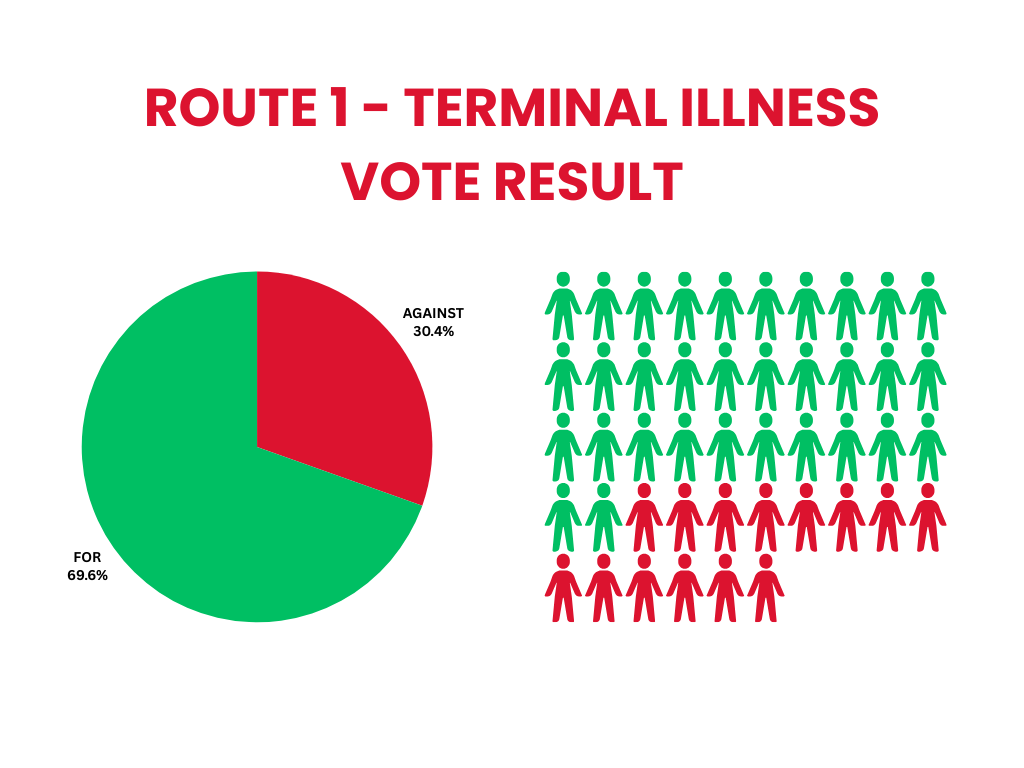
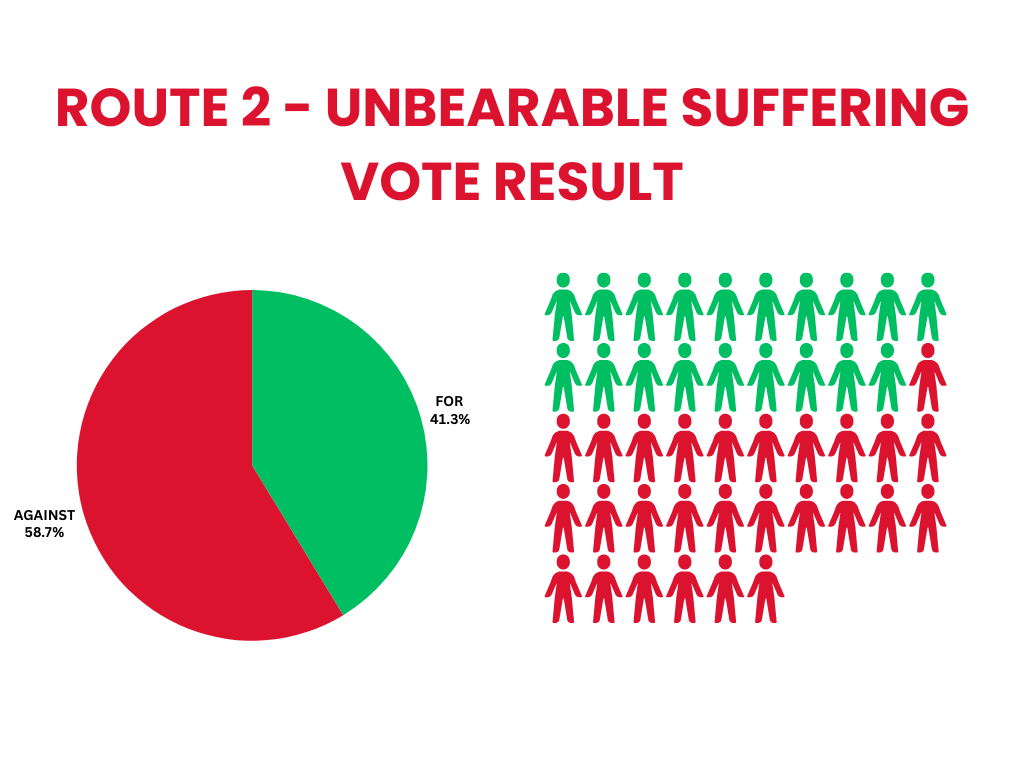
States Members have agreed that islanders using the service would have to be aged over 18 and a resident in Jersey for more than 12 months.
Two doctors would also have to assess the eligibility of a patient, which includes the ability to have decision-making capacity and have a clear, informed and voluntary wish to end their own life.
At this stage, healthcare professionals will actively look for signs of coercion.
Doctors and health professionals also have the right to opt in and out of participation in the service, as some believe it goes against the Hippocratic oath.
Deputy Andy Howell says the health minister received 84 emails from healthcare professionals expressing concern over assisted dying.
"Some doctors have threatened to leave the island should this practice come into force."
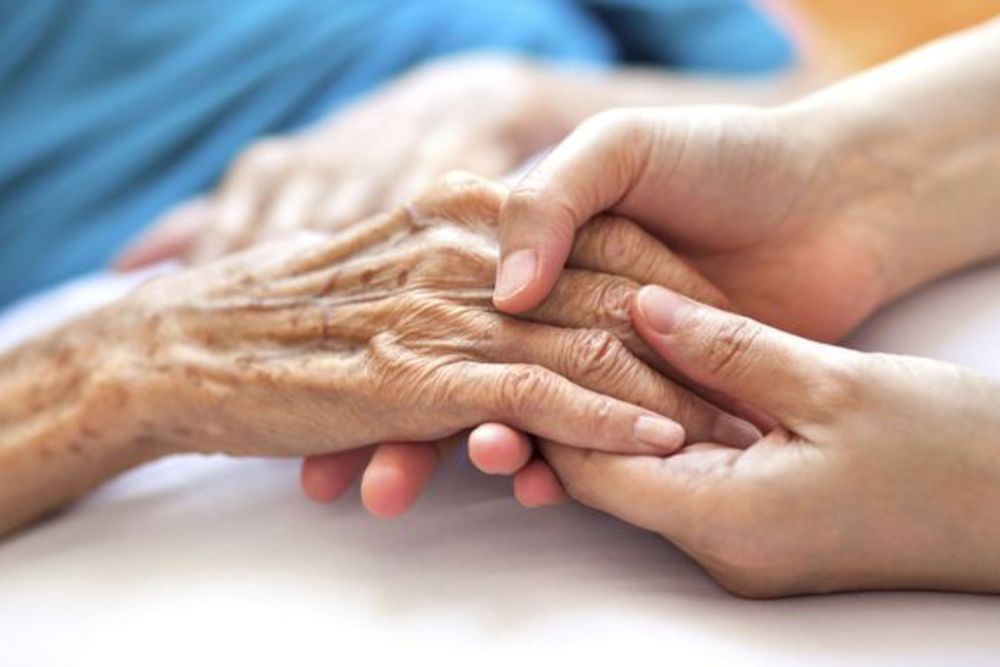
Politicians have voted 32-14 to accept Route One, for the terminally ill, and have rejected Route Two 27-19, for those with unbearable suffering:
- Route One - A terminal illness which is expected to cause death in six months for a physical illness or 12 months for a neurodegenerative condition.
- Route Two - Unbearable suffering from a physical illness which cannot be alleviated in a way the person deems tolerable.
The assisted dying substances would be stored, dispensed and packed by Jersey General Hospital, and nowhere else.
Chief Minister Lyndon Farnham says, for him, it is about giving an individual the right to choose their end.
"My personal experience relates to both of my parents.
"They both, on their deathbed, asked their sons to help them, and we couldn't."
"Knowing that they have the option of assisted dying can provide psychological comfort to terminally ill patients."
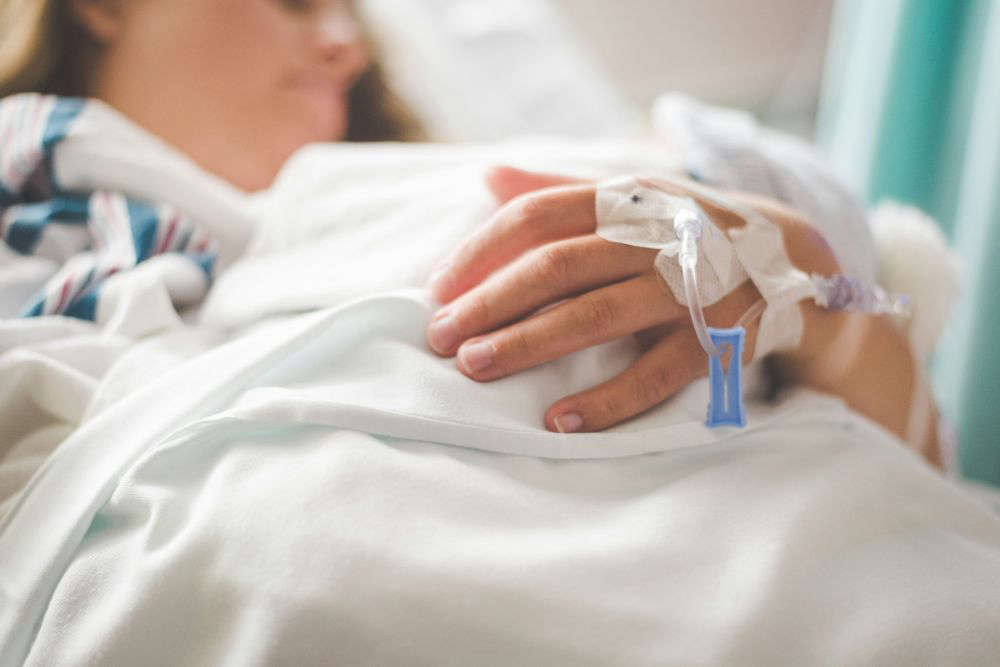
Deputy Barbara Ward says in her 45 years of nursing, she never would have thought she would be debating assisted dying.
"What this debate is about is the dispensing, delivering and administering of a concoction that one knows is highly poisonous and would kill the patient.
"We should be focusing and prioritising our efforts on the living."
Deputy Helen Miles says the only legal option is to take more brutal action, alluding to suicide.
"I consider that to be cruel and inhumane."
St John Constable, Andy Jehan, says suicide and assisted dying are two very different things.
"Suicide is a very lonely, horrible, desperate act. Assisted dying is a very different experience."
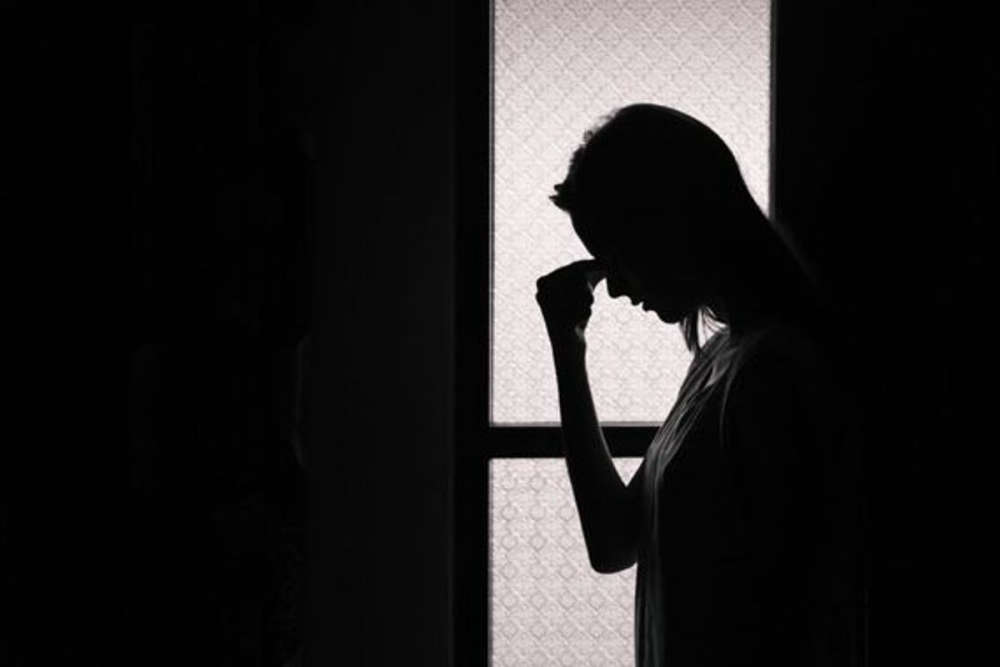
Deputy Tom Coles mentioned:
"There are many professionals who continuously suffer with PTSD because they are the person who has had to discover and deal with a situation where someone has completed suicide."
Other deputies weighed in, mentioning their own experiences.
Deputy Elaine Millar spoke of her own experience of being in pain:
"I had thought at those times that I have never had any other time, not of suicide, but of self-harm.
That is what the pain led me to think about and we have to remember the impact of pain on a person's mental state."
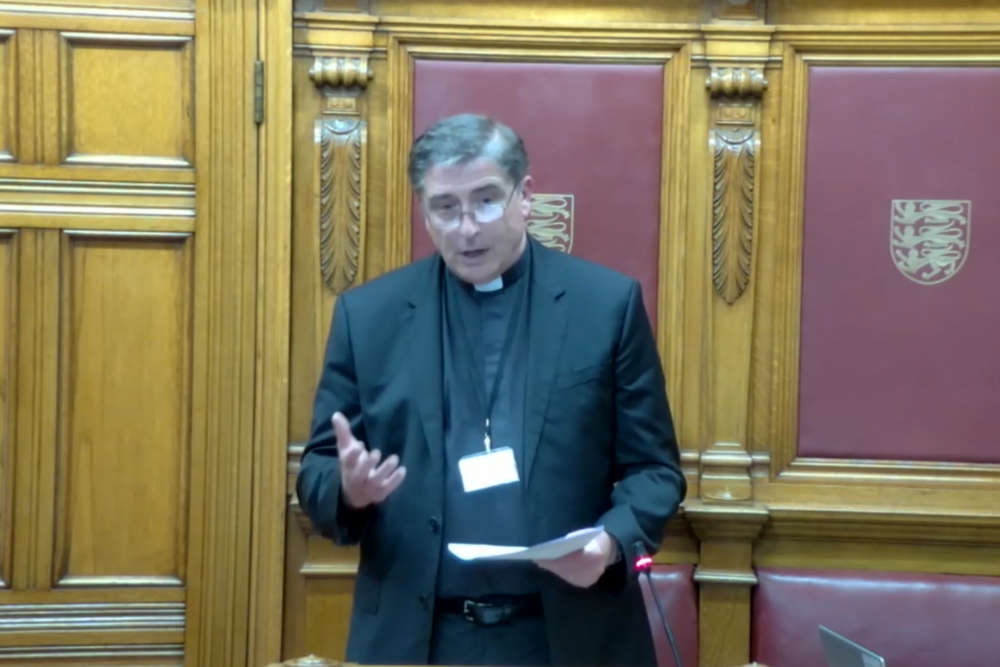 The Very Reverend Michael Keirle, Dean of Jersey
The Very Reverend Michael Keirle, Dean of Jersey
Jersey’s Dean says we have not even got assisted living on track, let alone flourishing.
"Look at the, frankly, utter disgrace that is our readiness to leave it to the willing and the wealthy to raise enough money to help assisted living for those who have a terminal prognosis."
He continued to say assisted dying is not similar to putting down a pet.
"The highest suicide rate in any profession is veterinary doctors. My nephew is one, I asked him why, and he said 'I do 10 euthanasias a week, it grinds us down.'"
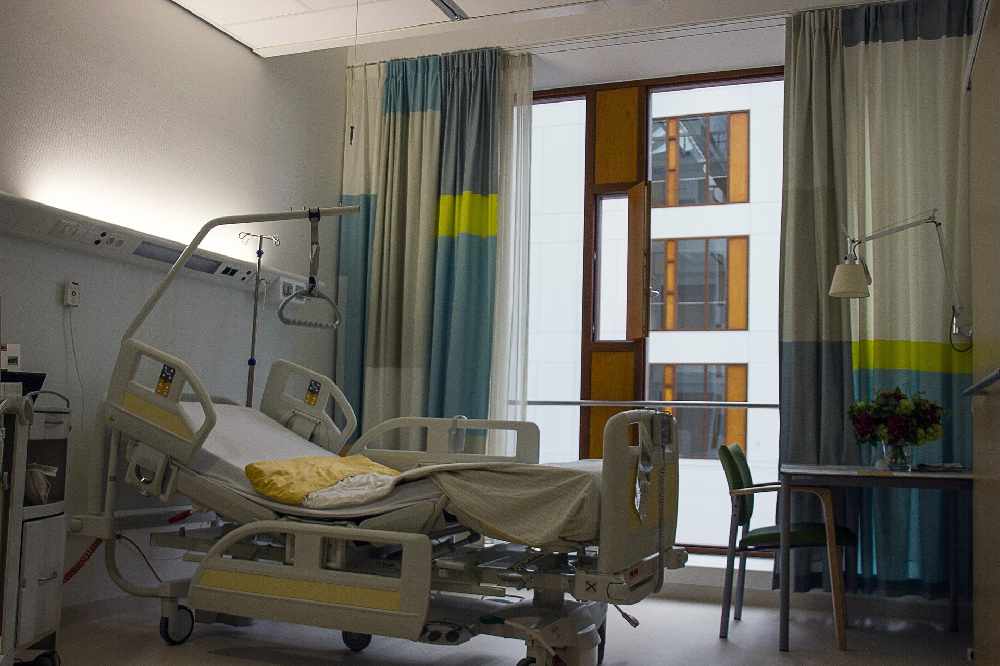
Deputy David Warr asked how large is too large an error margin.
"When it came to the death penalty, we as a society decided that one error was one too many."
"If a miscarriage of justice occurs, it's too late for the victim, there's no turning back."
Deputy Tom Coles became emotional when telling the States Assembly that assisted dying is the epitome of choice:
"If I get to my end, I do not want [my wife] to do the things that I don't want her to do for me, and I want this to be my choice.
"I think denying anybody their right to choose when they get in that situation is not fair."
The outcome of today’s States Assembly means work on drafting a law to introduce an assisted dying service in Jersey will progress.
it is expected to take at least a year before it returns to parliament for a further vote.
It would be at least 2027 before any such service is established.


 Civil Service recruitment freeze extended
Civil Service recruitment freeze extended
 Industry rumours of Bergerac second series
Industry rumours of Bergerac second series
 DFDS brings in replacement ship for Portsmouth sailings
DFDS brings in replacement ship for Portsmouth sailings
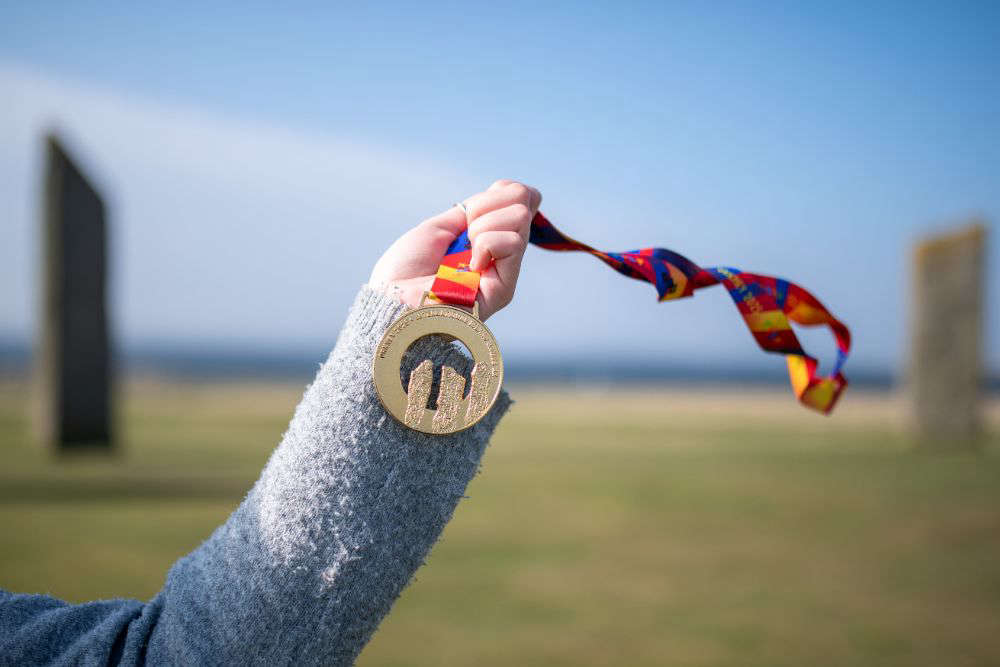 100 days until Orkney Island Games begin
100 days until Orkney Island Games begin
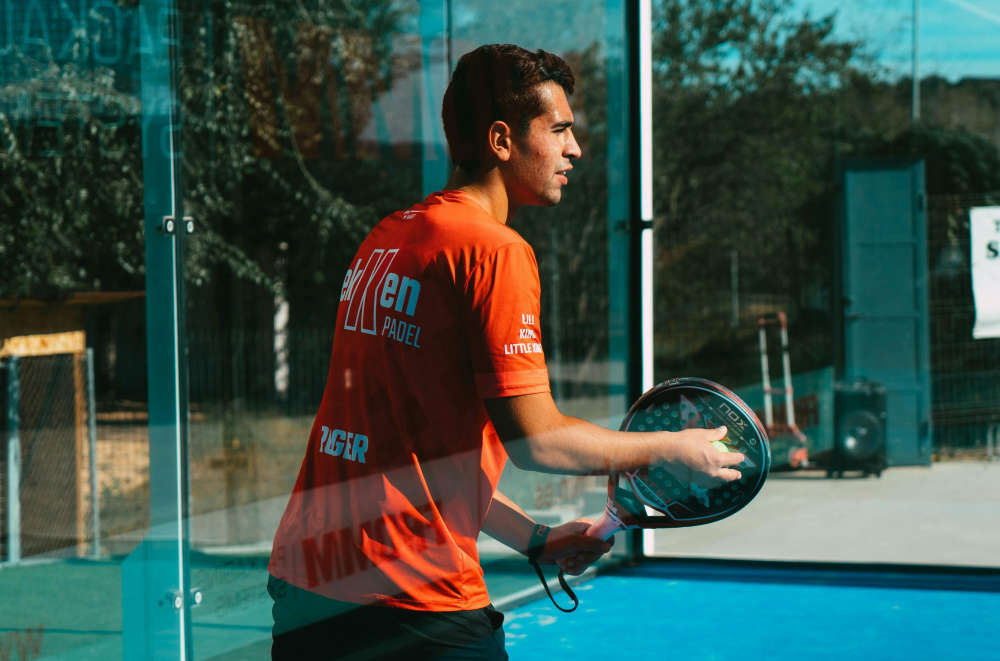 £200k padel facility coming to Les Ormes in May
£200k padel facility coming to Les Ormes in May
 Jersey Opera House opening show announced
Jersey Opera House opening show announced
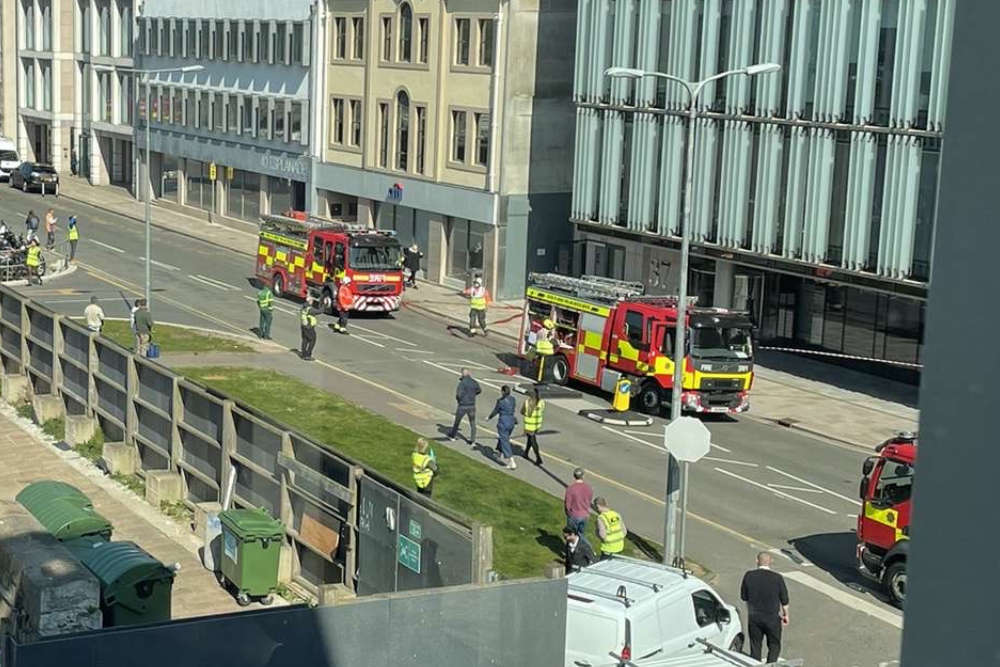 Two islanders trapped in a lift rescued from sixth-floor fire on the Esplanade
Two islanders trapped in a lift rescued from sixth-floor fire on the Esplanade
 Rooftop bar, climbing wall and concert hall in £110m Fort Regent plans
Rooftop bar, climbing wall and concert hall in £110m Fort Regent plans

